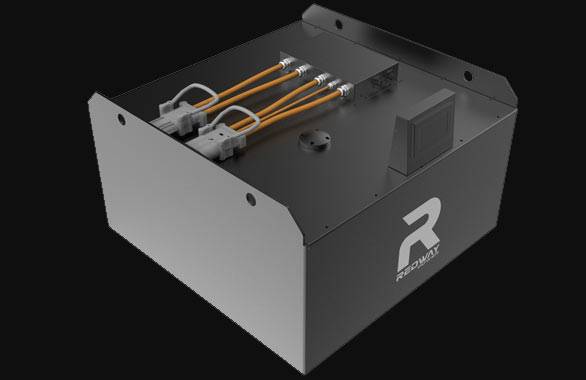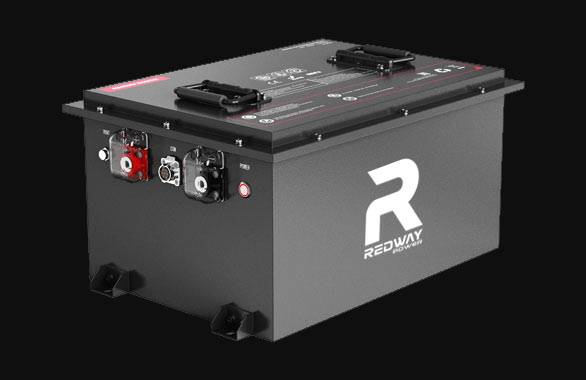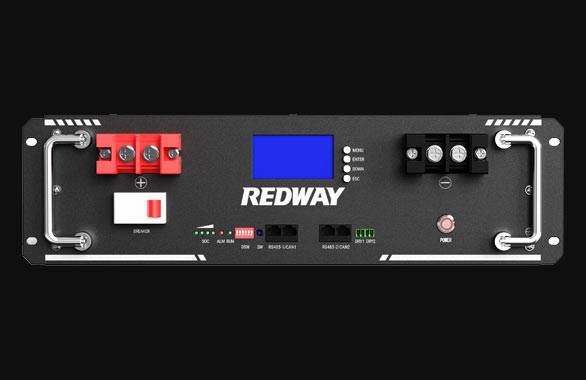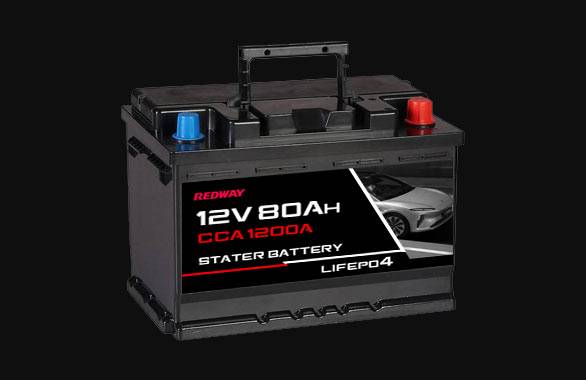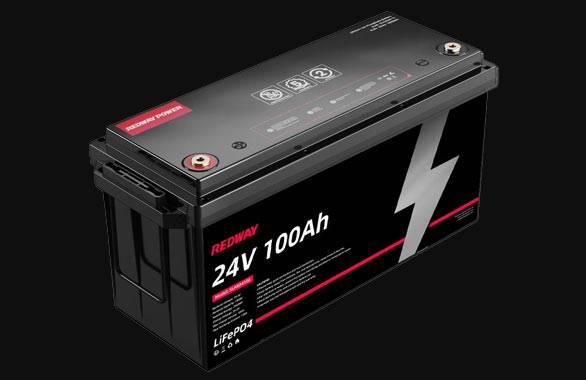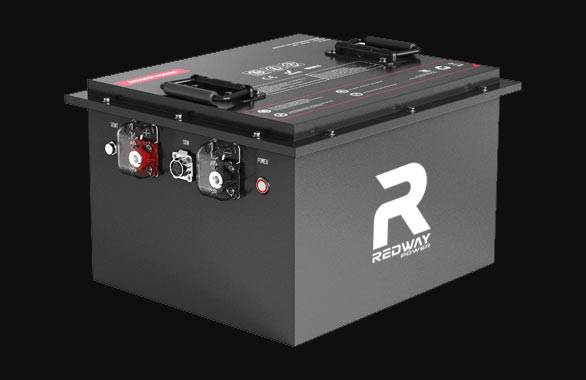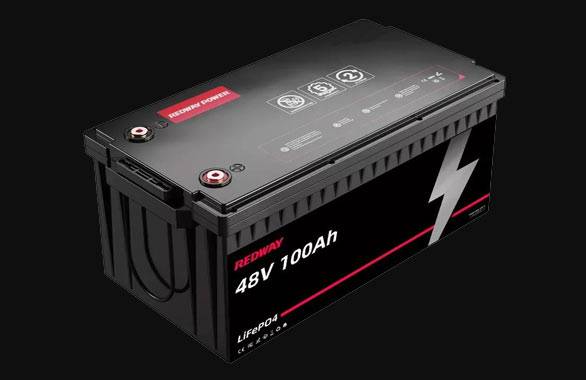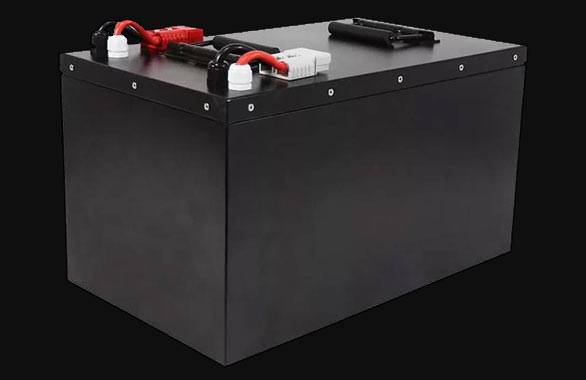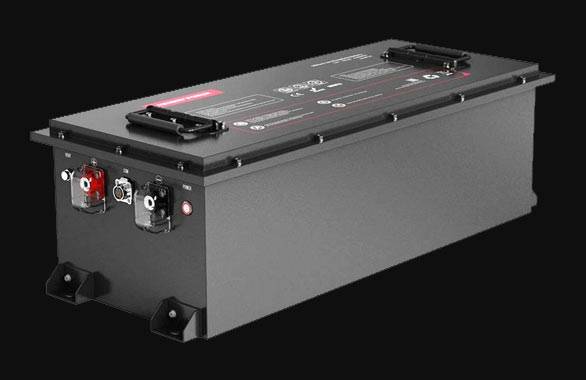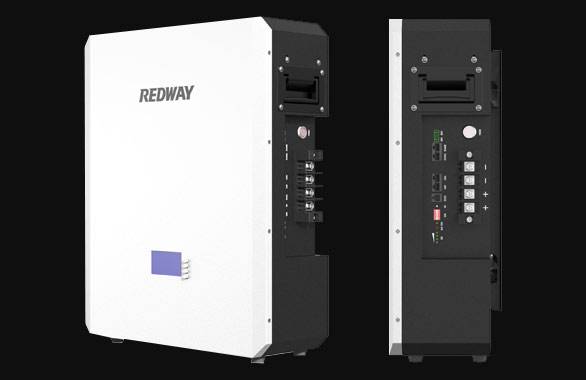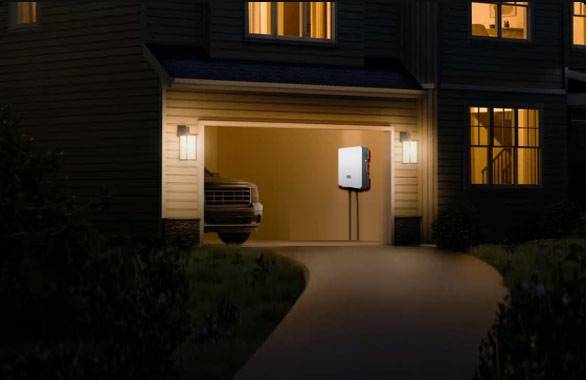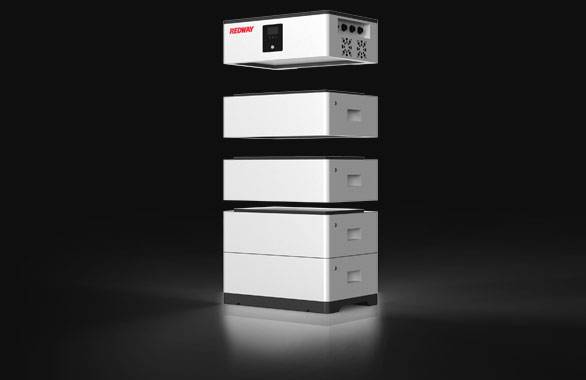- Forklift Lithium Battery
- Golf Cart Lithium Battery
- Rack-mounted Lithium Battery
51.2V 100Ah Rackmount LiFePO4 Battery
8000 times (80% DOD 0.5C)
Optional SNMP for TELECOM - Car Starter Battery
- 12V LiFePO4 Battery
12V 150Ah Lithium RV Battery
Bluetooth App | Self-heating
LiFePO4 | Group 31
UL 1642 | IEC 62619 - 24V LiFePO4 Battery
- 36V LiFePO4 Battery
- 48V LiFePO4 Battery
- 60V LiFePO4 Battery
60V 100Ah Lithium Battery (AGV, AMR, LGV)
Peak Discharge Current 400A
500 x 298 x 349 mm - 72V~96V LiFePO4 Battery
72V 100Ah Lithium Golf Cart Battery
Peak Discharge Current 315A (10S)
740 × 320 × 246 mm - Wall-mounted Lithium Battery
51.2V 100Ah 5kWh
Wall-mounted Battery532 x 425 x 170 mm / LiFePO4
>8000 Cycles (80% DOD 0.5C)
RS485 / CAN-bus
for Solar Home ESS - Home-ESS All-in-One
51.2V 32kWh
All-in-On HESS SystemPowerAll
51.2V / LiFePO4
>8000 Cycles (80% DOD 0.5C)
RS485 / CAN-bus / WiFi
All-in-One for Home ESS
What Are The Best 48V Lithium Batteries For Carts?
The best 48V lithium batteries for carts balance energy density, safety, and cycle life. Top choices include LiFePO4 packs for heavy-duty use (e.g., golf carts requiring 2,000+ cycles) and NMC variants for lightweight agility. Brands like Redway Battery dominate with 100Ah+ options featuring UL-certified BMS and CANBus communication. Pro Tip: For cold climates, select batteries with built-in heating elements (-20°C operation).
Understanding Lithium Golf Cart Batteries – A Comprehensive Guide
What defines optimal 48V cart battery performance?
Key performance metrics include capacity retention ≥80% after 1,500 cycles and ≤3% monthly self-discharge. Advanced BMS with dual MOSFET protection layers prevents voltage sag during hill climbs. For example, a 48V 60Ah LiFePO4 battery maintains 75km range in 400kg payload golf carts even after 5 years.
⚠️ Critical: Never mix old/new battery banks—cell imbalance can reduce capacity by 40%.
How do LiFePO4 and NMC batteries compare for carts?
LiFePO4 excels in thermal stability (safe up to 60°C) and longevity, while NMC offers 15-20% higher energy density. Carts used daily in resorts benefit more from LiFePO4, whereas racing carts prioritize NMC’s weight savings.
| Parameter | LiFePO4 | NMC |
|---|---|---|
| Cycle Life | 3,000+ | 1,200 |
| Energy Density | 120Wh/kg | 200Wh/kg |
What capacity suits different cart types?
Standard golf carts need 80-100Ah for 18 holes (30-40km), while utility carts hauling 500kg require 120Ah+. Redway’s modular 48V 80Ah system allows capacity expansion via parallel ports—ideal for evolving fleet needs.
Redway Battery Expert Insight
Redway’s 48V Smart Lithium Series integrates AI-driven charge optimization, extending battery lifespan by 30% compared to standard models. With IP67 waterproofing and vibration-resistant cells, these batteries withstand rigorous cart operations from beach resorts to construction sites.
The Importance of Knowing a Golf Cart’s Weight Limit
FAQs
Can 48V batteries power accessories like coolers?
Yes, but deduct 0.5Ah per watt-hour of accessory load. A 100W cooler running 8 hours consumes ~67Ah from a 48V battery—size accordingly.
How often should cart batteries be balanced?
Every 50 cycles for NMC, 100 cycles for LiFePO4. Use Bluetooth BMS apps to monitor cell deviation—>50mV imbalance requires immediate maintenance.


